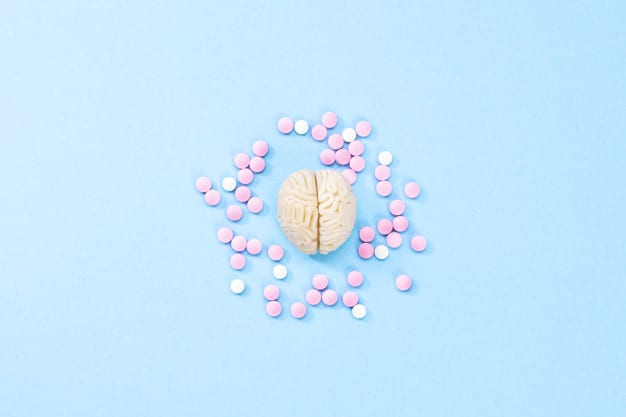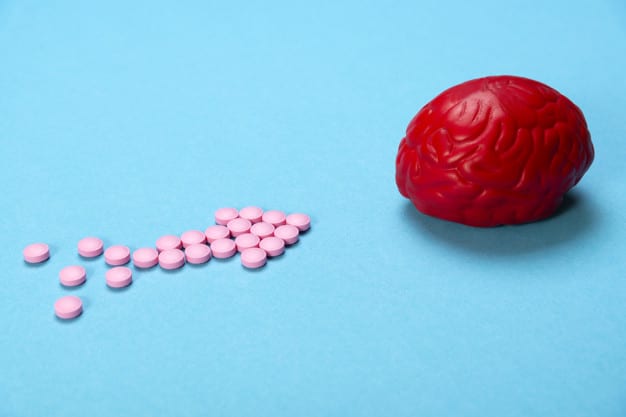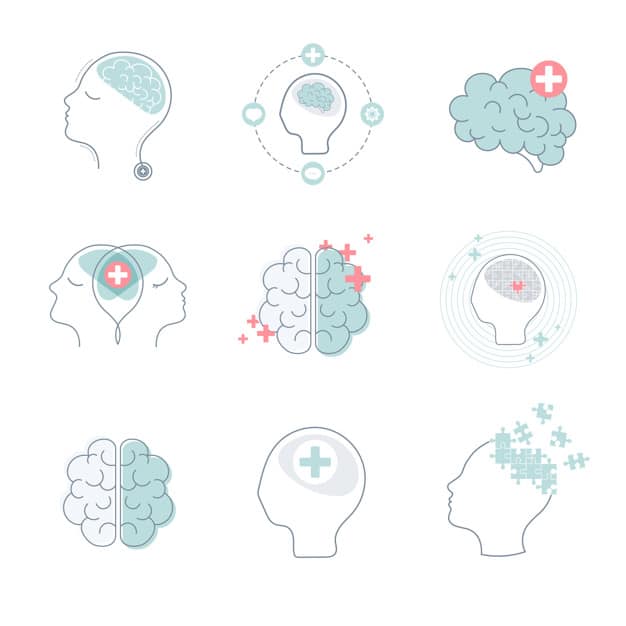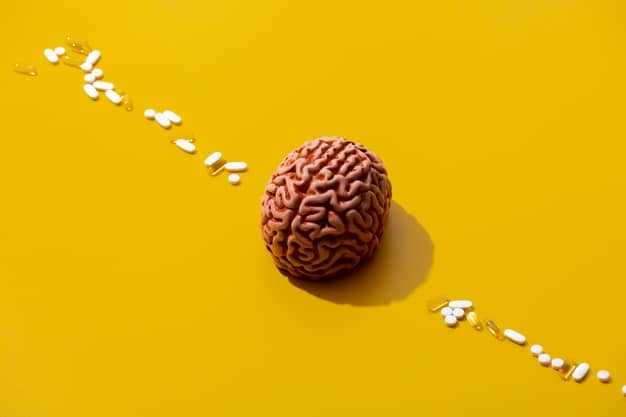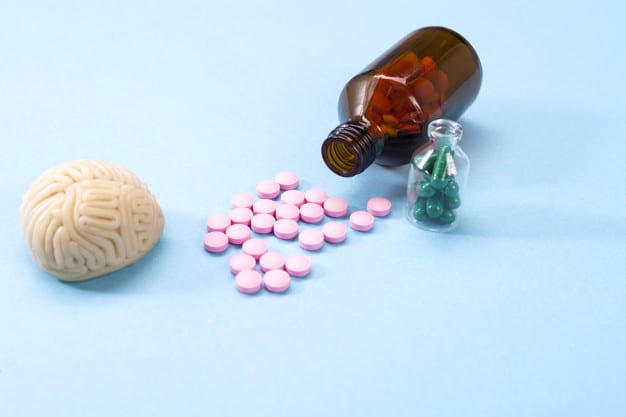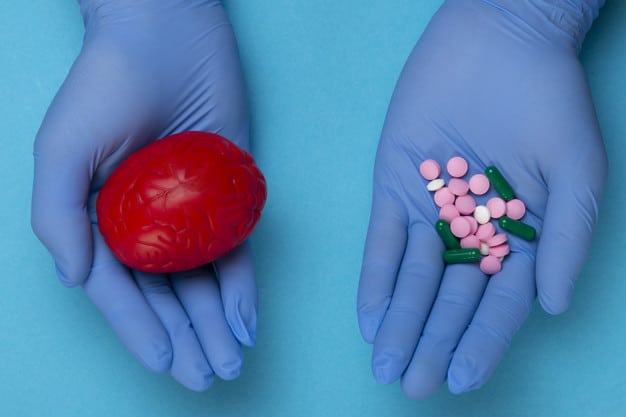Phenylpiracetam is a phenylated derivative of Piracetam. In other words, it is a form of Piracetam with a phenyl group, which gives it an extra edge over other similar drugs. The phenyl group increases Phenypiracetam’s bioavailability, i.e., its ability to be absorbed once ingested. It also boosts the molecule’s ability to cross the blood-brain barrier. In essence, it allows the molecule to get into the brain more efficiently to produce the desired effects.
Phenylpiracetam, as you can already tell, belongs to a family of drugs called racetams. These drugs have been linked to a number of cognitive-enhancing abilities. It's believed that they can boost learning ability, attention, and memory formation, storage, and retrieval. Some studies also suggest that racetams like Phenylpiracetams can treat the symptoms of neurodegenerative disorders like Alzheimer's diseases and dementia. It has also been linked to anti-depression and anti-anxiety effects.

However, like most of the other nootropics, Phenylpiracetam is not very well-studied. Most of the trials involve animal subjects only. There are a few clinical studies, but they are not of the highest quality since a majority of them have small sample sizes, and they lack control groups.
The Food and Drug Administration has not approved Phenylpiracetam for any medical uses. They also haven't banned it, so technically, it is legal. Most people purchase it as a dietary supplement from online stores. In Canada, Phenylpiracetam is not legally sold, but people can import it for personal use. The only places where Phenylpiracetam is legalized for medical uses is in Russia and a few European countries.
You should know that Phenylpiracetam is banned by the World Anti-Doping Agency, so do not use it if you are planning to participate in a professional sport.
Phenylpiracetam is also identified by the brand names Phenotropil and Carphedon.
Mechanism of Action
Phenylpiracetam’s exact mechanism of action is not 100% understood, but scientists have several hypotheses detailing how the drug affects the brain.
Phenylpiracetam has a very similar structure as Piracetam except for the phenyl group. This means the drug’s effects on the brain are almost identical to Piracetam’s. Phenylpiracetam is, however, fast-acting thanks to the phenyl group. The drug can be detected in the brain within half an hour of ingestion.
When it gets to the brain, Phenylpiracetam can increase dopamine, GABA, and serotonin levels. These are key neurotransmitters involved in different functions, including controlling your mood and emotions. An increase in serotonin and dopamine is the reason for Phenylpiracetam’s anti-anxiety and anti-depression effects.
According to this study, Phenylpiracetam can also increase brain-derived neurotrophic factor (BDNF). This supports neurogenesis, or the development of brain cells to boost memory and other brain functions.
It may also boost cognition by increasing acetylcholine levels, a neurotransmitter involved in learning, attention, and memory formation.
Phenylpiracetam may also affect NMDA receptors and norepinephrine levels.
Uses and Benefits
Keep in mind that the following potential benefits are based on limited trials.
- Improves Memory
Both animal and human trials have reported Phenylpiracetam’s ability to improve memory formation and retrieval. The biggest challenge here is that most of these trials were conducted on subjects whose memory and other cognitive functions are affected by certain conditions, e.g., asthenia, stroke, organic brain lesions. Therefore, it's hard to determine whether the same effects can be observed in healthy people.
- Supports Brain Recovery
In this trial, scientists set out to investigate the efficacy of Phenotropil on patients recovering from a stroke. The study involved 400 ischemic stroke patients. They were given a dosage of 400mg per day, and then their neurologic functions were assessed using different tests. The results showed the patients who were under Phenotropil had significantly better neurologic activities than the control group.
Additional studies also show that Phenotropil can aid brain recovery in patients with encephalopathy caused by acute organic lesions and gliomas.
- Combats Depression and Anxiety
Phenylpiracetam increases GABA receptors. It also boosts serotonin and dopamine levels. It makes sense that the drug can relieve anxiety and depression since all these chemicals are key for improved mood and motivation.
Trials also show Phenylpiracetam decreases depression and anxiety symptoms in patients with brain damage induced by stroke and surgery. It was also effective in heart disease patients experiencing anxiety and depression.
An animal study done on rats with drug-induced psychosis also showed Phenotropil could reduce both anxiety and depression.
- Increases Energy Levels
The fact that Phenylpiracetam is banned by the world anti-doping agency suggests it has some performance-enhancing effects. Studies show that it can also act as a psychostimulant to improve your mental energy, stamina, and alertness.
Phenylpriacetam’s effects on energy and stamina have been investigated in patients with chronic fatigue syndrome and ischemia. The scientists observed significant improvements after just one month. The results got even better in the second and third months. The trial used dosages of 100mg.
Other possible benefits of Phenylpiracetam include:
- It may support weight loss.
- May treat epilepsy when used alongside anti-seizure drugs.
- May boost immune response.
Side Effects
Phenylpiracetam may produce several side effects, including irritability, insomnia, headaches, increased aggression, sleep disturbance, and brain fog.
Some people have also complained of emotional instability and depression when using Phenylpiracetam. Due to the lack of extensive clinical trials, it’s unclear whether the drug is the source of this issue or it could be due to other factors. Whatever the case, you should stop taking the drug right away if you notice any of these side effects.
The incidence rate of adverse reactions is generally very low.
Consult a physician before taking Phenotropil if you are taking other medications to avoid drug interactions.
Dosage
Phenylpiracetam is available in capsule and powder form. The ideal dosage ranges from 100 to 200mg taken three times per day. New users should start with 100mg and only increase the dosage if it is necessary.
To avoid adverse reactions and tolerance, cycle the drug and do not take it in high dosages.
Some people combine Phenylpiracetam with other nootropics in “stacks” to intensify the results. For instance, it is sometimes used alongside Alpha GPC or Sulbutiamine. Avoid taking these stacks if you don’t have any experience with the drugs.

Final Thoughts
Phenylpiracetam can be very beneficial despite the serious insufficiency of clinical trials. To be on the safe side, make sure you take it in the right dosages and for the short term.
Consult a licensed physician if you are thinking of using it to treat a medical condition.
References
- https://selfhacked.com/blog/phenylpiracetam-dosage/
- https://psychonautwiki.org/wiki/Phenylpiracetam
- https://molecularbrain.biomedcentral.com/articles/10.1186/s13041-018-0357-8





